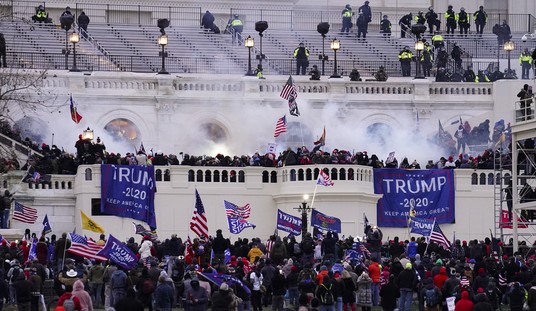In a court filing today, the rating agency Standard & Poor’s (S&P) claims that the federal case against them is motivated by retaliation for its 2011 decision to strip the United States of its “AAA” credit rating.
It might be easy to dismiss this claim, but they aren’t the only ones in this situation. Before S&P’s U.S. downgrade, the smaller firm Egan-Jones, which relies on a subscriber model also downgraded the United States. Not long after, Egan-Jones was investigated by the SEC and ultimately barred for a time from rating U.S. debt. Let’s remember that Egan-Jones was ahead of the curve in spotting both the subprime bubble and the failures of WorldCom and Enron.
If you didn’t downgrade the United States, what happened? Basically nothing. We see what starts to look like a pattern here: downgrade the United States and expect some abuse. Don’t and you will be largely left alone. And as the recent IRS treatment of Tea Party groups has shown: this administration isn’t above targeting its enemies.
There are, as expected, several twisted ironies to the case. First, the Department of Justice is claiming to act on behalf of banks that suffered losses from holding rated securities. But who was it that imbedded ratings into the bank regulatory process? The bank regulators. If the DOJ wants to punish someone for bank losses on rated securities it should start with the Basel Committee. And then there’s the DOJ itself, which uses a flawed theory of disparate impact to pressure banks to make bad loans in the first place. The DOJ doesn’t have to go far to find the guilty: just try looking in a mirror.
The solution here is ultimately to get the federal government out of regulating the rating agencies. Our entire financial system is built on sovereign debt. The crisis in Europe shows what happens when you get the treatment of sovereign debt wrong (for a good summary of sovereign risk in bank regulation, see this BIS speech). The conflicts of interest between raters and regulators are ultimately a far greater threat to our system than any conflict between corporate issuers and raters.























Join the conversation as a VIP Member